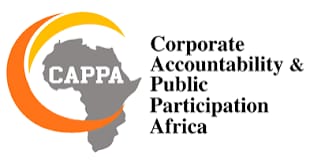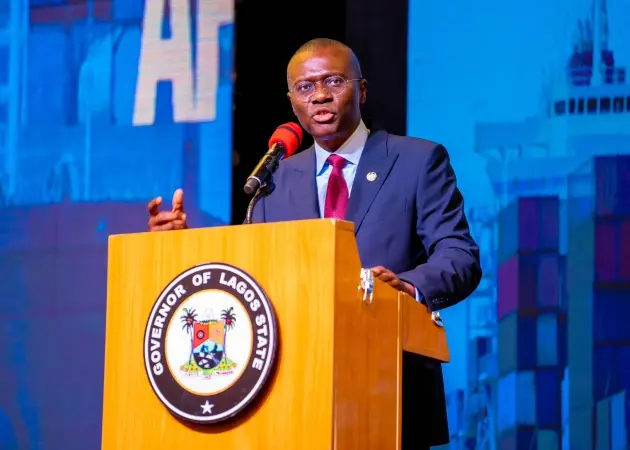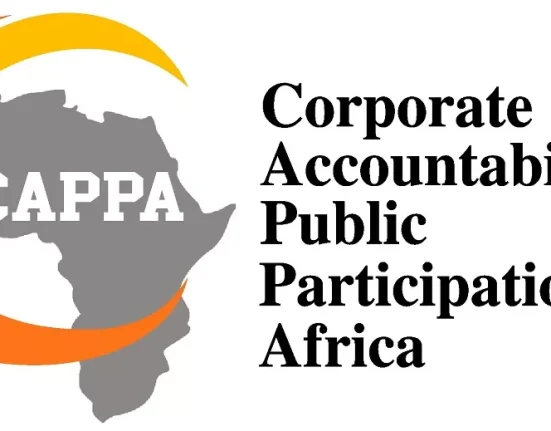A civil society group, Corporate Accountability and Public Participation Africa (CAPPA), has raised alarm over the lack of transparency surrounding a recent Memorandum of Understanding (MoU) signed between the Lagos State Government and the Belstar/ENKA consortium for the rehabilitation and expansion of the state’s water infrastructure.
CAPPA accused the state government of sidelining public interest by finalising the agreement behind closed doors, without due consultation or legislative scrutiny. While the state has presented the deal as a strategic step toward resolving Lagos longstanding water supply challenges, CAPPA argued that the opacity surrounding the deal raises significant red flags and calls into question the government’s commitment to transparency and democratic accountability.
Executive Director of CAPPA, Akinbode Oluwafemi, described the process as troubling, citing a recurring pattern of secrecy in Lagos’ water governance. According to him, “That this agreement was conceived and concluded without public involvement, and only later announced is a direct affront to the principles of open governance and citizen participation.”
He emphasised that water, being a critical public good and essential service, must not be treated as a commodity traded away without due process and public input. “Any agreement that has far-reaching implications on water accessibility, affordability, and quality must be held to the highest standards of openness,” he added.
The organisation questioned the identity and credibility of the companies involved Belstar Capital and ENKA demanding clarity on their corporate profiles, past records, and legal registration status in Nigeria. CAPPA also queried the procurement process that led to their selection and whether it adhered to laid down rules of public contracting.

CAPPA expressed concern that the total financial cost of the agreement remains undisclosed, with only vague references made to an EPCF (Engineering, Procurement, Construction, and Finance) model allegedly insured by the United States International Development Finance Corporation (DFC). The group noted that the involvement of a U.S. agency, particularly in light of the withdrawal of USAID from the Lagos water sector, raises further questions about long-term intentions and the risk of creeping privatisation.
The organisation demanded to know whether the infrastructure, once completed, would remain under public ownership or be transferred to private entities. It also questioned the role of the Lagos Water Corporation (LWC), which the government says will “collaborate” with the consortium. CAPPA fears this could be a euphemism for ceding control of public utilities to private hand.
CAPPA is demanding full disclosure of the repayment structure and whether loans taken to fund the project will lead to an increase in water tariffs, a scenario that could further strain already struggling households.
According to CAPPA, the pattern of secrecy around this MoU suggests that Lagos may still be pursuing backdoor routes to water privatisation, despite overwhelming public opposition.
CAPPA called on the Lagos State Government to immediately publish the full text of the MoU, including annexes, financial terms, and implementation timelines. It also demanded that a public forum be convened involving civil society organisations, community leaders, labour unions, and the media to discuss the implications of the agreement.
Furthermore, the group urged the government to suspend any moves towards the privatisation of water services and instead reaffirm its commitment to maintaining public control over water infrastructure. CAPPA stressed that sustainable solutions to Lagos’ water crisis lie not in handing control to profit-driven corporations but in reinvesting in public water systems, strengthening public institutions, and fostering inclusive governance.
“The path to true water security for Lagos must be anchored in transparency, public ownership and democratic accountability,” the statement concluded.


